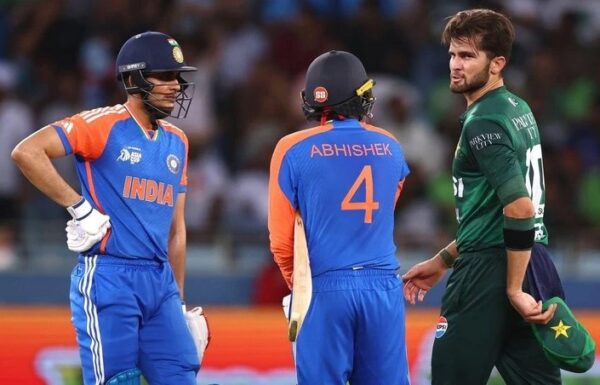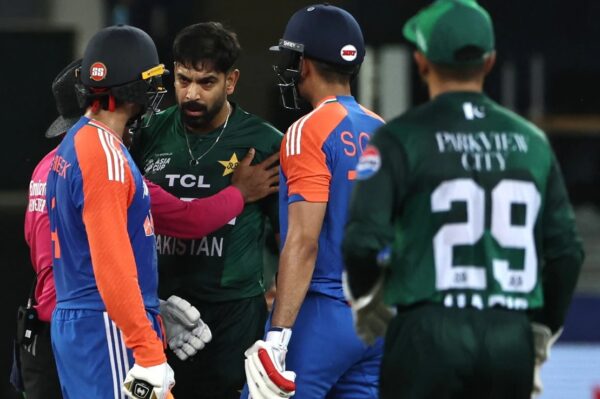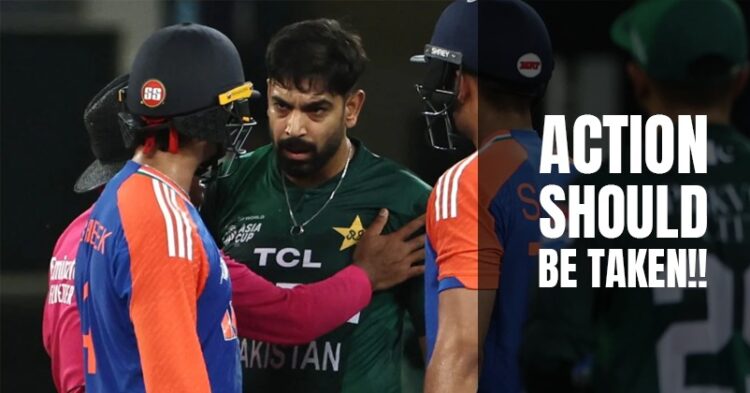Former England captain Michael Atherton has urged the International Cricket Council (ICC) to bring greater transparency to how it decides tournament draws. He believes the current system seems designed to guarantee India-Pakistan matches in major events, a move he feels is driven more by money than by sporting fairness. Michael Atherton argued that while the rivalry remains one of the biggest spectacles in cricket, its constant repetition for financial gain is no longer justified.

Michael Atherton’s comments came after the Asia Cup 2025, which was marred by political undertones and controversies. The tournament saw tensions rise between the two nations, both on and off the field, following incidents along the border and the tragic Pahalgam terror attack. He pointed out that both cricket boards, BCCI and PCB, often carry political and national expectations into the contest, turning the matches into more than just a game of cricket.
In his column for a leading publication, Michael Atherton wrote that the India-Pakistan clash continues to hold enormous commercial value for the ICC. He noted that the broadcast rights for global tournaments between 2023 and 2027 were worth around $3 billion, largely due to the viewership such high-voltage matches attract. As bilateral series between nations have lost their shine, the ICC tournaments have become the main revenue drivers for global cricket, and the India-Pakistan fixture plays a major role in that.

However, Michael Atherton questioned the fairness of a system that seems to deliberately place the two countries in the same group at almost every ICC event. He pointed out that unlike other sports bodies, the ICC rarely explains how its tournament groups are decided, leaving many to believe that the match-ups are intentionally crafted to ensure an India-Pakistan encounter.
In the case of the Asia Cup, the scheduling often guarantees multiple meetings between the arch-rivals, sometimes three within a single edition. While these matches bring in massive audiences and sponsorships, they also overshadow the spirit of competition and add to political friction. Michael Atherton acknowledged that the Asian Cricket Council relies heavily on these games to fund cricket development across the region, which makes the issue complex.

Still, he believes the ICC should prioritise integrity over commercial interests. He said that if cricket was once seen as a bridge for diplomacy, it has now become a platform for political propaganda. According to him, arranging fixtures purely for financial reasons undermines the credibility of the sport.
Michael Atherton concluded by saying that the future ICC tournaments should have open, transparent draw processes, even if that means India and Pakistan do not meet every time.
Do you agree with Michael Artherton?




